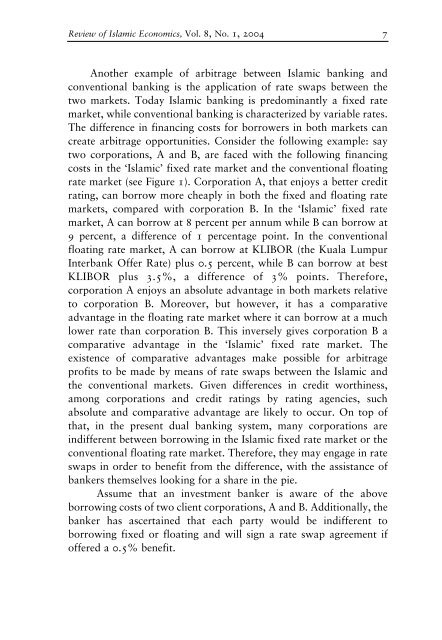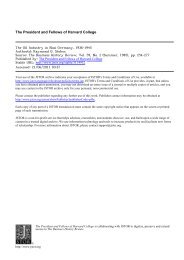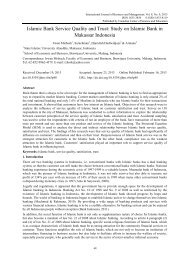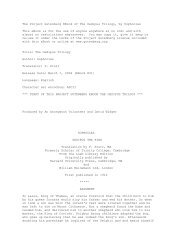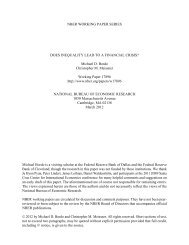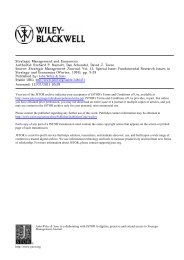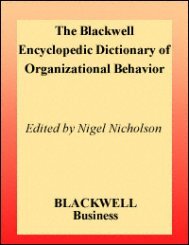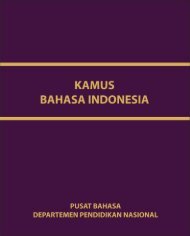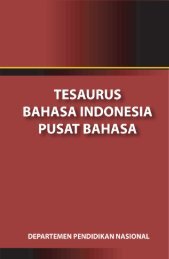The Gold Dinar
The Gold Dinar
The Gold Dinar
Create successful ePaper yourself
Turn your PDF publications into a flip-book with our unique Google optimized e-Paper software.
Review of Islamic Economics, Vol. 8, No. 1, 2004<br />
Another example of arbitrage between Islamic banking and<br />
conventional banking is the application of rate swaps between the<br />
two markets. Today Islamic banking is predominantly a fixed rate<br />
market, while conventional banking is characterized by variable rates.<br />
<strong>The</strong> difference in financing costs for borrowers in both markets can<br />
create arbitrage opportunities. Consider the following example: say<br />
two corporations, A and B, are faced with the following financing<br />
costs in the ‘Islamic’ fixed rate market and the conventional floating<br />
rate market (see Figure 1). Corporation A, that enjoys a better credit<br />
rating, can borrow more cheaply in both the fixed and floating rate<br />
markets, compared with corporation B. In the ‘Islamic’ fixed rate<br />
market, A can borrow at 8 percent per annum while B can borrow at<br />
9 percent, a difference of 1 percentage point. In the conventional<br />
floating rate market, A can borrow at KLIBOR (the Kuala Lumpur<br />
Interbank Offer Rate) plus 0.5 percent, while B can borrow at best<br />
KLIBOR plus 3.5%, a difference of 3% points. <strong>The</strong>refore,<br />
corporation A enjoys an absolute advantage in both markets relative<br />
to corporation B. Moreover, but however, it has a comparative<br />
advantage in the floating rate market where it can borrow at a much<br />
lower rate than corporation B. This inversely gives corporation B a<br />
comparative advantage in the ‘Islamic’ fixed rate market. <strong>The</strong><br />
existence of comparative advantages make possible for arbitrage<br />
profits to be made by means of rate swaps between the Islamic and<br />
the conventional markets. Given differences in credit worthiness,<br />
among corporations and credit ratings by rating agencies, such<br />
absolute and comparative advantage are likely to occur. On top of<br />
that, in the present dual banking system, many corporations are<br />
indifferent between borrowing in the Islamic fixed rate market or the<br />
conventional floating rate market. <strong>The</strong>refore, they may engage in rate<br />
swaps in order to benefit from the difference, with the assistance of<br />
bankers themselves looking for a share in the pie.<br />
Assume that an investment banker is aware of the above<br />
borrowing costs of two client corporations, A and B. Additionally, the<br />
banker has ascertained that each party would be indifferent to<br />
borrowing fixed or floating and will sign a rate swap agreement if<br />
offered a 0.5% benefit.<br />
7


